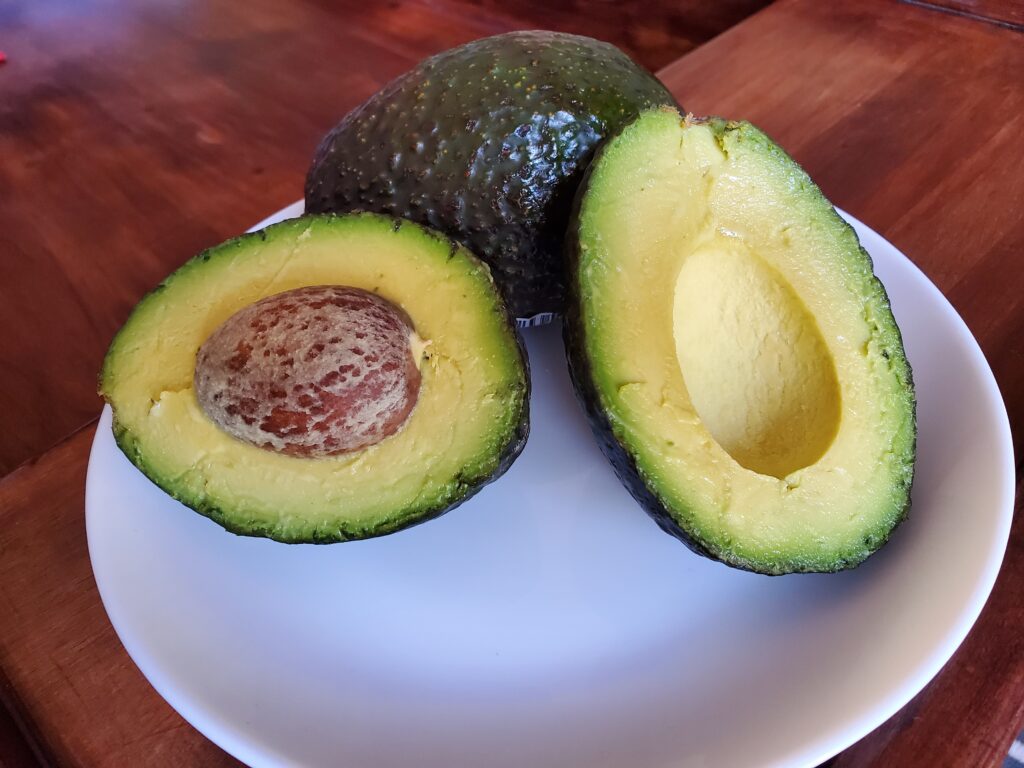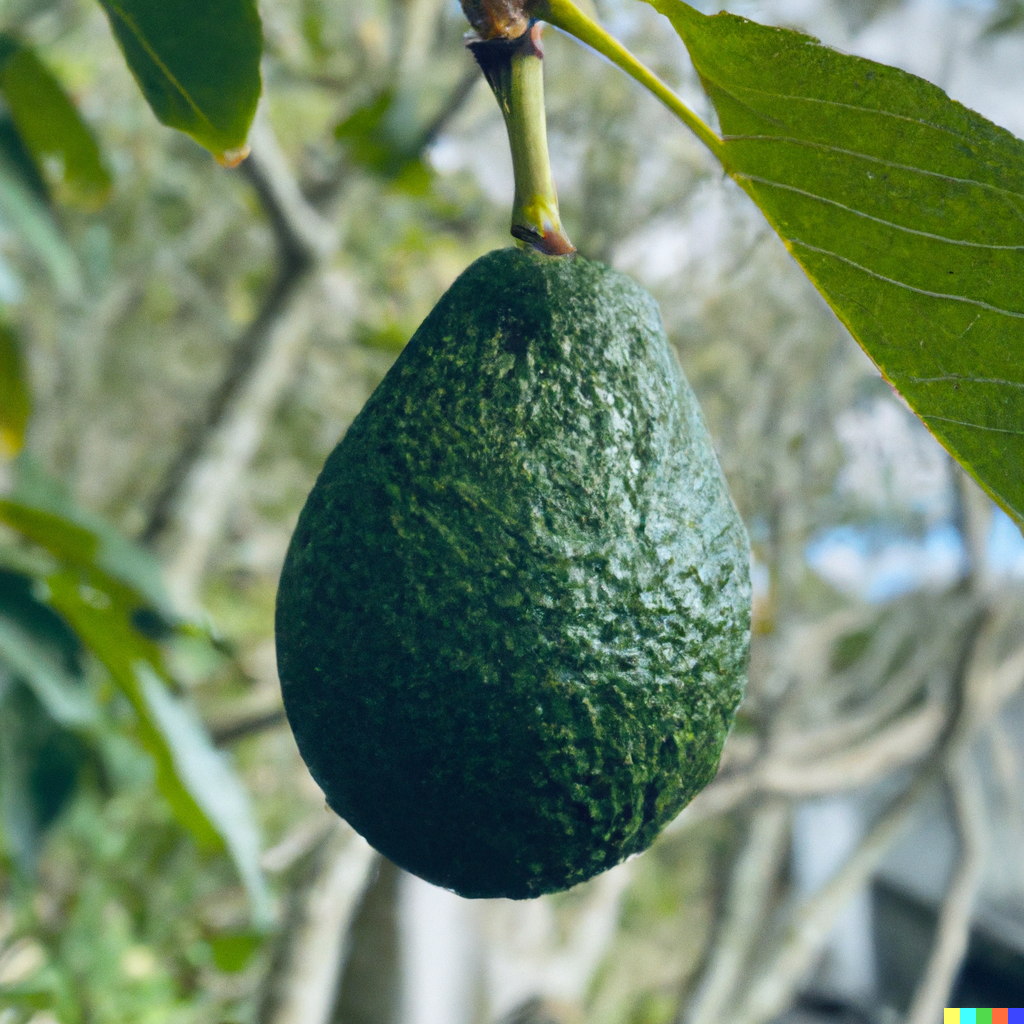
Origin and Background
Avocado is native to central and south America and is believed to have originated in Mexico. The first recorded use of avocado dates to the 10th century, in the Aztec civilization. Today avocado is considered the green gold of South America due to their large-scale farming and exportation. Different varieties of avocados can also be found in other tropical countries, including African countries like Kenya.

Fun fact: There are over 400 known varieties of avocado available in the world.
Uses of Avocado


Cooking:
Avocados can be eaten raw, mashed into guacamole, added to salads and sandwiches, or oil used as a substitute for mayonnaise or butter.
Cosmetic:
Avocado oil can be used in lotions and other beauty products to help nourish and moisturize dry hair and skin.
Gardening
Avocado seeds can be planted and grown into a beautiful avocado tree. The leaves and branches can also be used as organic fertilizer for other plants.
Health Benefits
1: Avocados are nutritionally dense, containing nearly 20 vitamins and minerals, including vitamins K, E, B-6, and C, as well as potassium and fiber.
2: The healthy mono-saturated fats in avocados can help lower harmful cholesterol levels and increase good cholesterol.
3: Avocados are low in sugar but high in fiber and protein, making them an excellent choice for a balanced meal.
4: Avocado consumption is linked to improved heart health and can help reduce the risk of heart disease.
5: The antioxidant found in avocados can help prevent the risk of oxidative damage, which is linked to diseases like cancer and diabetes.
6: Avocados are rich in healthy antioxidants like lutein and zeaxanthin that can help protect your eyes from muscular degeneration and other problems.
7: Eating half an avocado daily can help reduce inflammation levels in the body, resulting in better overall health.
8: The high amounts of potassium in avocados can help regulate blood pressure.
9: Avocados are a rich source of healthy fats and can help keep you fuller for longer.